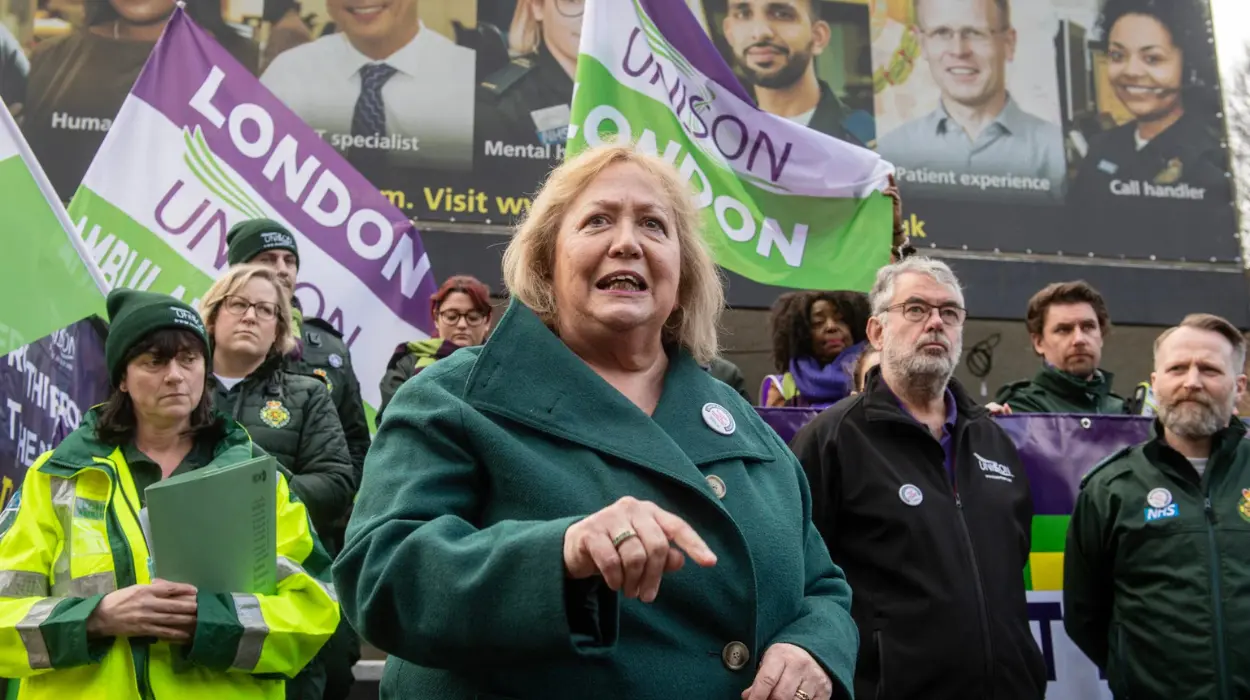UK (Parliament Politics Magazine) – Labour may benefit from a rule change allowing unions to donate without member consent, potentially adding £11m to party funding.
As reported by The Telegraph, analysis shows Labour could receive up to £11m from unions under relaxed donation rules.
Under the Employment Rights Bill, unions no longer require member approval to use donations for political purposes. Labour MPs may see a rise in donations as unions, the party’s main fundraisers, respond to the rule change.
Between October 2025 and July 2029, Labour may see an additional £11m in union donations.
What did Andrew Griffith say about union donations to Labour MPs?
Andrew Griffith, shadow business secretary, stated,
“Companies must give subscribers a regular chance to opt out, but this two-tier government takes a very different approach when it comes to their union paymasters funnelling workers’ money to Labour MPs.”
What did Maxwell Marlow say about the union donation law change?
Maxwell Marlow, of the think tank Adam Smith Institute, stated,
“The change in law, without proper consultation with union members, is a remarkable cash grab for trade unions from hard-working Britons.”
He added,
“Not only will the Employment Rights Bill squash small businesses and harm many already marginalised employers, but the pillaging of union fees for political funding, to lobby for even more of these growth-destroying laws, really does take the biscuit.”
How much have Labour’s union donations dropped since opt-in rules?
Labour received up to £76.1m in union donations in the seven years before the rule change. Over seven years after stricter donation rules, Labour’s union contributions fell to £56.1m, a 26.3% drop, according to Tory Party data.
Donations dropped from roughly £141 per 1,000 unionised members to £104 after the opt-in rule was enforced.
What’s the state of UK trade union political funds and membership?
UK trade union membership remained largely stable from 2011–2024, slipping slightly to 6.38m from 6.45m.
The recent data reveal 21 UK trade unions run political funds, including Aslef, Unison, NEU, Usdaw, and RMT, though not all are affiliated with Labour.
Latest figures from the Certification Officer show 2.8m union members pay into political funds, but 1.3m have not opted in. The combined political funds of unions reached £35.8m in 2023-24, up from £33.2m in 2022-23. Many unions ask members to add 2–5% extra to political funds on top of annual subscriptions.
What did the government say about union opt-out rights and the Employment Rights Bill?
A government spokesman stated,
“Members will be informed of their right to opt out of contributions on any form they complete to join a union.”
They added,
“We are ushering in a new era of partnership that sees employers, unions and government working together in co-operation, as we deliver our landmark Employment Rights Bill to benefit more than 15 million workers in the UK, as part of our Plan for Change.”
What did the NEU say about its political fund and its purpose?
A National Education Union spokesperson said,
“The NEU has a political fund. This fund cannot be used to support any particular party or politician. The fund is used to increase voter registration to strengthen the democracy of the country. In particular we work to encourage young people to register. The fund can also be used to support those campaigning against racist, fascist or similar organisations.”
How does the Employment Rights Bill change union rules?
The Employment Rights Bill is in its final stages, marking a landmark for Starmer’s government. It introduces controversial day-one employee rights and bans zero-hour contracts.
The previous Conservative government implemented the opt-in rule in the 2016 Trade Union Act, which came into force in 2018.
Key details about the Employment Rights Bill
The bill introduces “day-one” unfair dismissal rights, removing the two-year qualifying period, effective 2027. It limits “fire and rehire,” making dismissals unfair if key terms change, starting October 2026.
The legislation expands protections against harassment and discrimination, bans NDAs, and strengthens whistleblowing rules. Most changes take effect in April or October 2026.
Reform UK party funding
Nigel Farage’s Reform Party is funded by wealthy donors, ex-Tories, and offshore interests, including:
- Richard Tice (£1m)
- Fiona Cottrell (£750,000)
- Nick Candy & Holly Valance (£50,000)
- Jeremy Hosking (£140,000)
- Jacques Tohme / Nova Venture Holdings (£50,000)


